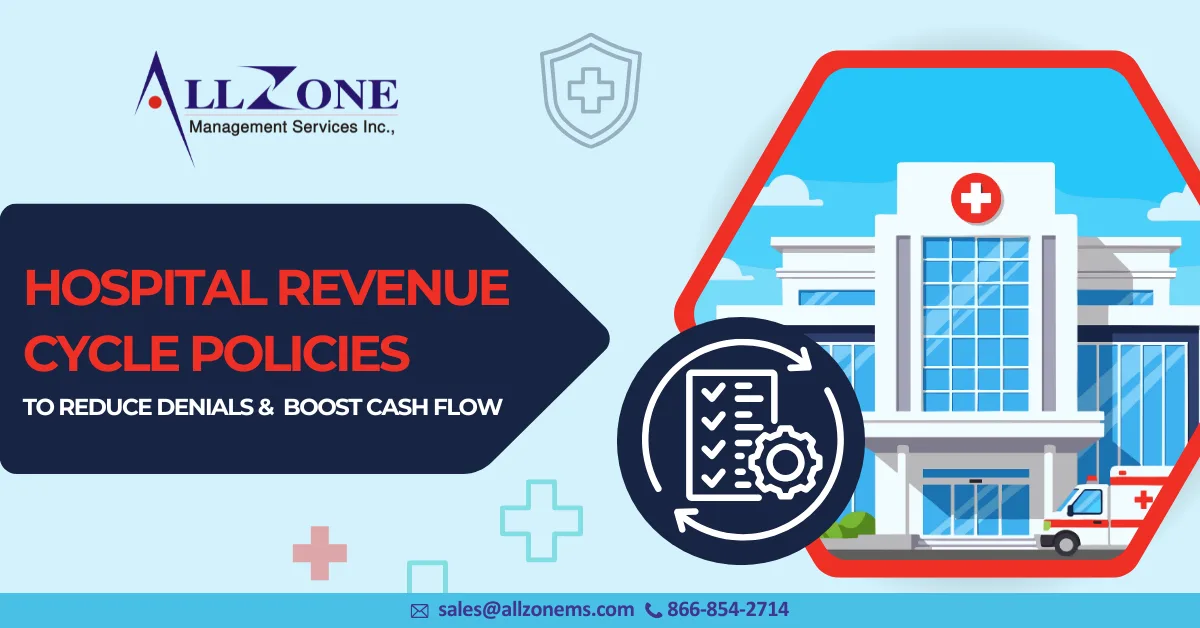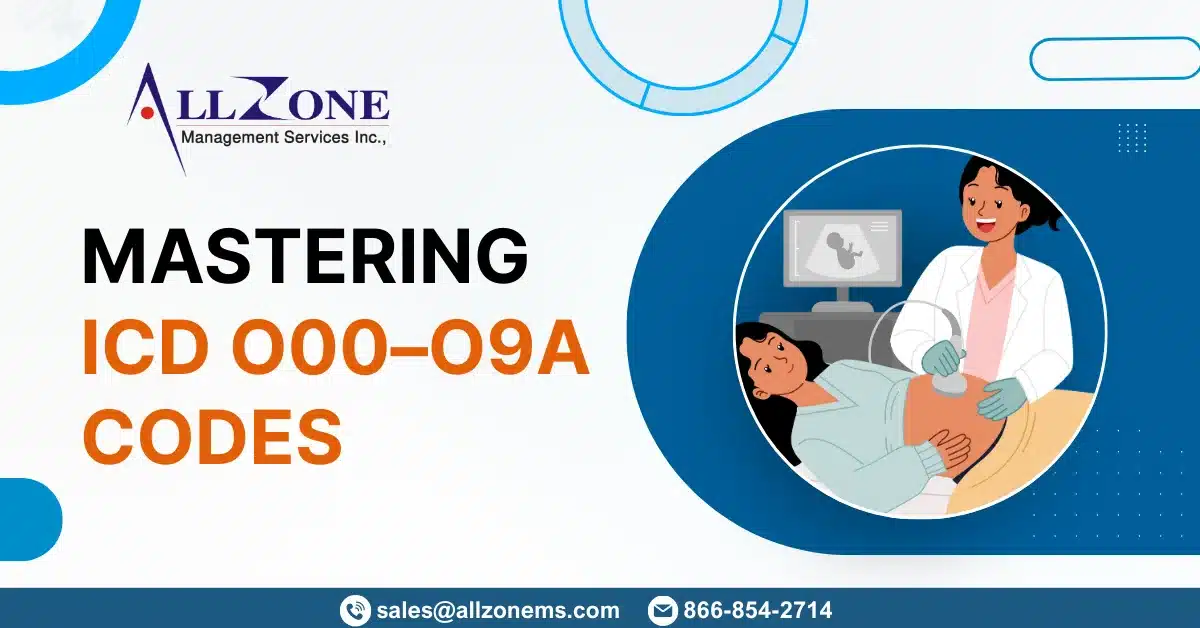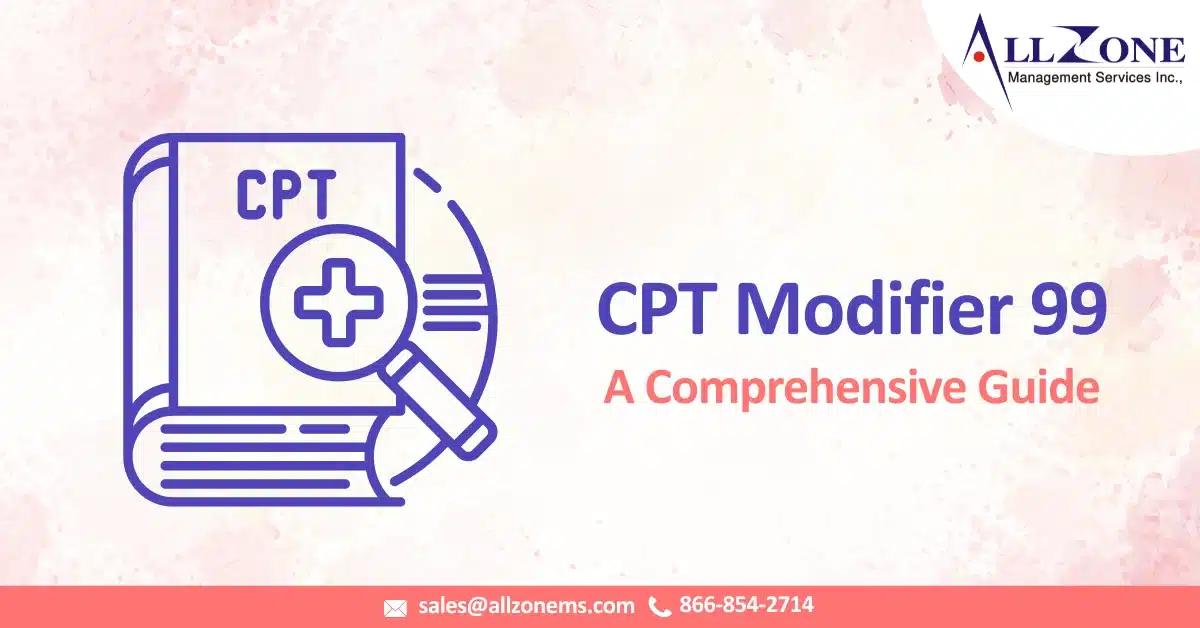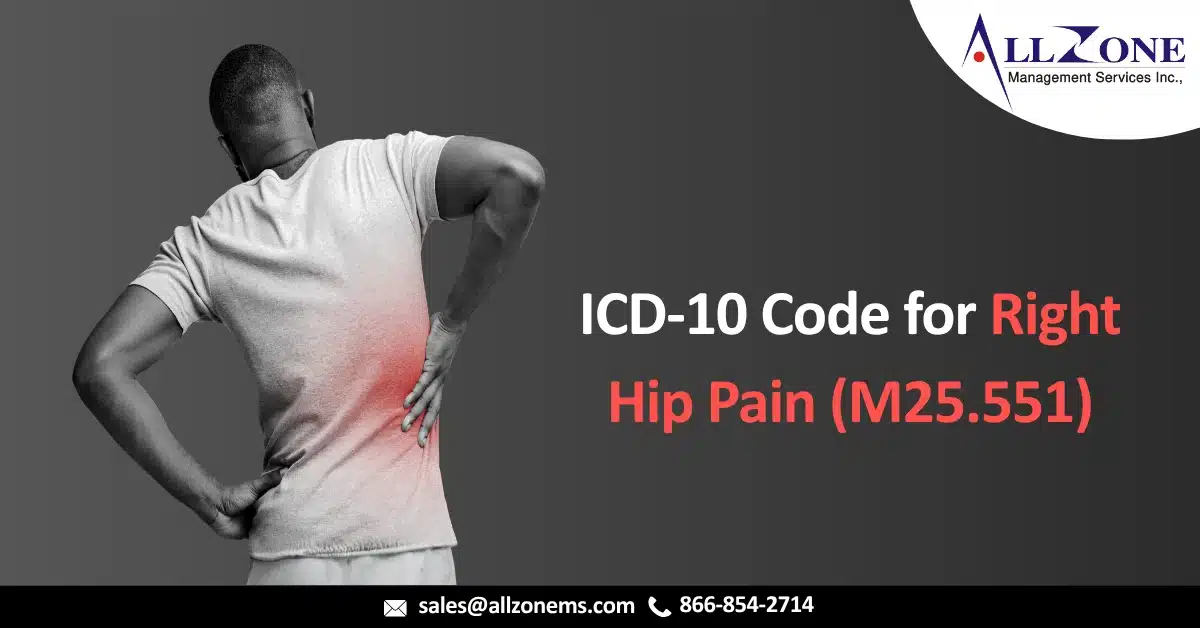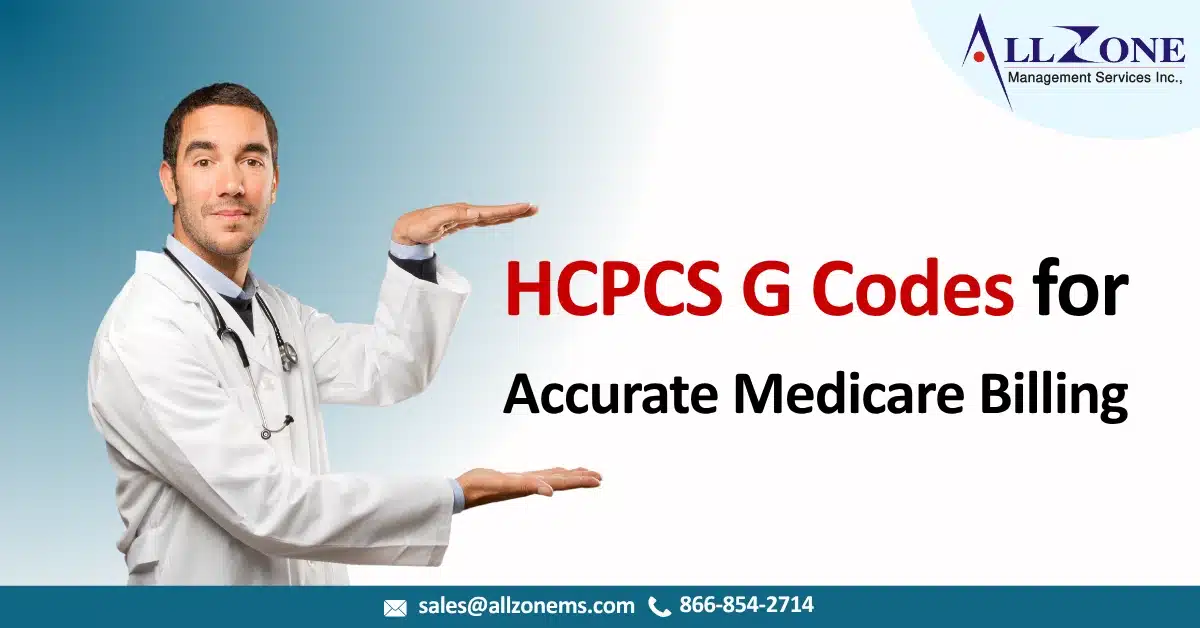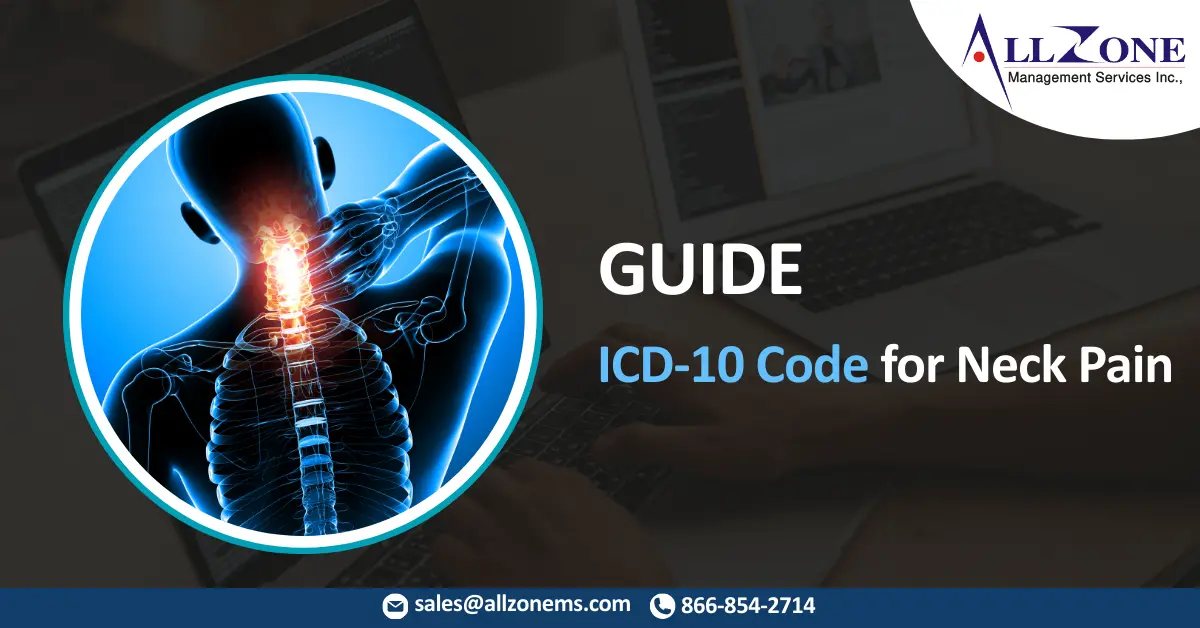Healthcare organizations today are facing a reality that is very different from what existed even five years ago. Patient expectations are higher, payer rules are stricter, staffing shortages are common, and operating costs are rising steadily. While hospitals continue to focus on clinical excellence, many are discovering that financial stability is becoming just as critical […]
Maternal healthcare services require some of the most precise and sensitive medical documentation in the healthcare system. From the first prenatal visit to delivery and postpartum recovery, every stage involves detailed clinical reporting and strict compliance with payer guidelines. This is where ICD O00–O9A: Pregnancy, Childbirth & Puerperium codes play a critical role. Accurate coding […]
Accurate modifier usage is one of the most important elements in achieving clean claim submissions and full reimbursement in surgical billing. Among the lesser-used but extremely important surgical modifiers is Modifier 81 – Minimum Assistant Surgeon. Many practices overlook or misuse this modifier, leading to preventable denials, delayed payments, and compliance issues. This comprehensive guide […]
Key Takeaways CPT Modifier 99 signals that multiple modifiers apply to a single service. Always list Modifier 99 first, followed by others in documentation. Use it only when two or more modifiers are needed to accurately describe the procedure. Check payer rules before applying Modifier 99—some systems allow multiple modifiers without it. Partnering with experts […]
In the complex world of healthcare, accuracy in medical coding is not just about compliance—it’s the foundation of timely reimbursements and a healthy revenue cycle. Among the most common patient complaints is hip pain, which often leads to diagnostic evaluations and treatment claims. Properly using the ICD-10 code for right hip pain (M25.551) is crucial […]
In the complex world of medical billing and coding, the Healthcare Common Procedure Coding System (HCPCS) plays a vital role in ensuring accurate documentation, reimbursement, and compliance. While most healthcare professionals are familiar with CPT (Current Procedural Terminology) codes, HCPCS codes — particularly G codes — often raise questions among billers, coders, and providers. This […]
Introduction In medical billing, claim rejections and denials are inevitable—but understanding why they occur is the key to fixing them. One of the most important tools for decoding these denials is the Claim Adjustment Reason Code (CARC). Each CARC provides specific information about why a claim or a service line was adjusted, denied, or paid […]
Vitamin D plays a vital role in maintaining healthy bones, supporting the immune system, and regulating calcium absorption. However, deficiencies in this essential nutrient are common worldwide, often leading to fatigue, bone pain, muscle weakness, and long-term complications like osteoporosis. For healthcare providers, accurately documenting and coding vitamin D deficiency is essential not only for […]
Neck pain is one of the most common complaints among patients in primary care, physical therapy, orthopedics, and chiropractic settings. Whether it’s caused by poor posture, injury, or an underlying medical condition, accurate diagnosis and precise medical coding are crucial for proper treatment, billing, and reimbursement. In medical billing and coding, the ICD-10 code for […]
In the complex world of medical billing, few specialties present as many coding challenges as gastroenterology. Endoscopy billing—covering a wide range of procedures from colonoscopies to upper GI endoscopies—is a cornerstone of diagnostic and therapeutic care. However, the intricate rules governing their billing can be a minefield for healthcare providers and billing professionals. A single […]

